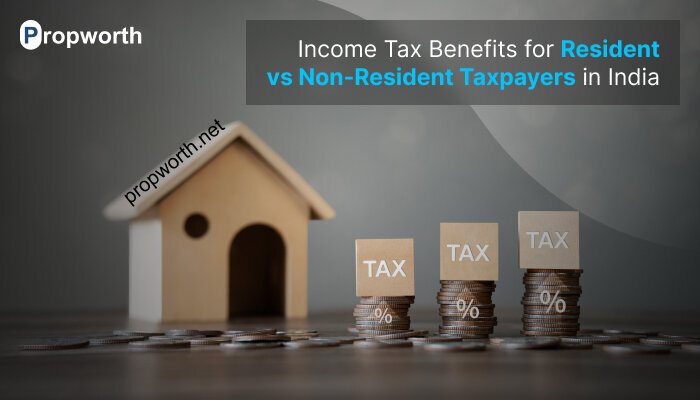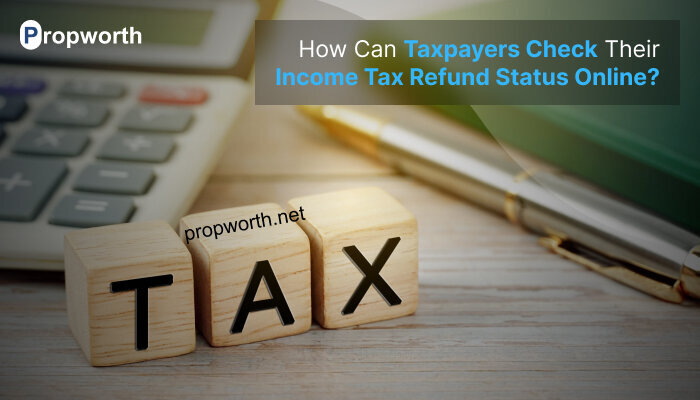The Union Budget 2024 brought with it some significant changes in income tax laws, particularly impacting real estate transactions. If you’re considering buying or selling a property, it’s essential to understand how these changes will affect your finances. Let’s break it down in simple terms.
What’s Changed?
Before Budget 2024, if you held a property for more than 24 months (long-term capital gain), you could adjust the cost of the property based on inflation using something called the Cost Inflation Index (CII). This reduced the amount of tax you paid.
But now, the government has removed this benefit. This means that you’ll pay tax on the full profit you make from selling the property.
Impact on Your Property Deal
The Budget 2024 changes have directly affected how taxes are calculated on property transactions.
Let’s break down the impact for both buyers and sellers:
For those buying a property:
Whether you’re buying a property for your own residence or as an investment, the tax implications are crucial.
- Short-term gains: If you decide to sell the property within 24 months of purchasing it, the profit you make is considered a short-term capital gain. You’ll pay income tax on this profit at your regular income tax slab rate. This means that the tax you pay will depend on your overall income for that financial year.
- Long-term gains: If you hold onto the property for more than 24 months before selling, the profit is considered a long-term capital gain. However, unlike before Budget 2024, you can no longer adjust the property’s cost based on inflation (using the Cost Inflation Index or CII). This means you’ll pay a flat 20% tax on the entire profit.
For those selling a property:
For those looking to sell their property, the removal of indexation benefits has a significant impact.
- Long-term capital gains: If you’ve owned the property for more than 24 months, the profit you make is considered a long-term capital gain. Previously, you could reduce your taxable profit by adjusting the property’s purchase price for inflation using the CII. This benefit has been removed. Now, you’ll pay a flat 20% tax on the entire profit.
- Short-term gains: If you’ve owned the property for less than 24 months, the profit is considered a short-term capital gain. You’ll pay income tax on this profit at your regular income tax slab rate.
Example to Understand Better
Let’s say you bought a house for Rs. 50 lakhs in 2015 and sold it for Rs. 1 crore in 2024.
Before Budget 2024
- Profit: You made a profit of Rs. 50 lakhs (Selling price – Purchase price).
- Indexation Benefit: You could adjust the original cost of the house (Rs. 50 lakhs) upwards to account for inflation over the years using a factor called the Cost Inflation Index (CII). This adjusted cost would be lower than the original cost.
- Taxable Profit: The difference between the selling price and the adjusted cost would be your taxable profit. This amount was generally lower due to the indexation benefit.
- Tax Calculation: You would pay long-term capital gains tax on this reduced taxable profit at a preferential rate.
After Budget 2024
- Profit: The profit remains the same at Rs. 50 lakhs.
- No Indexation Benefit: The government removed the indexation benefit.
- Taxable Profit: The entire profit of Rs. 50 lakhs becomes your taxable profit.
- Tax Calculation: You’ll pay a flat 20% tax on the entire Rs. 50 lakhs profit.
Key Difference,
The crucial difference lies in the taxable profit. Before the budget change, you could reduce your taxable profit by using indexation. After the change, you have to pay tax on the full profit, leading to a higher tax liability.
Other Important Points
- Properties bought before April 1, 2001: You can still use the fair market value of the property as of that date for tax calculations.
- Consult a tax expert: Real estate transactions can be complex. It’s always a good idea to consult a tax professional for personalized advice.
- Other factors: While taxes are important, consider other factors like property location, market trends, and your financial goals when making investment decisions.
By understanding these changes, you can make informed decisions about buying or selling property and plan your finances accordingly.
Should You Invest in Real Estate Now?
The removal of indexation benefits has made real estate investment less attractive in terms of tax savings. However, other factors like property location, market trends, and your financial goals should also be considered.
If you’re looking for long-term wealth creation and have a strong belief in the real estate market, investing might still be a good option. But it’s essential to do your research and understand the potential tax implications.
Dive into Tax Implications
- Section 194IA: Explain how the TDS provisions under Section 194IA have changed and how it affects buyers paying advance or installments.
- Capital Gains Exemption: Discuss the conditions under which long-term capital gains from property sale can be exempt from tax, such as reinvestment in another residential property.
- Deductions and Exemptions: Highlight potential deductions like home loan interest, property taxes, and other expenses that can reduce taxable income.
- Impact on rental income: Explain how the tax changes affect rental income from properties, including deductions and exemptions.
Real Estate Market Trends
- Impact of Budget Changes: Analyze how the removal of indexation benefits might influence property prices and demand.
- Market Outlook: Provide a brief overview of the overall real estate market, including factors like interest rates, inflation, and economic growth.
- Investment Strategies: Suggest different real estate investment options like residential, commercial, or rental properties, considering tax implications.
Practical Tips for Investors
- Financial planning: Provide guidance on financial planning for real estate investments, including budgeting, loan options, and risk management.
- Legal and documentation: Highlight the importance of legal and documentation aspects of property transactions, especially in light of the tax changes.
- Consult a professional: Emphasize the need for professional advice (lawyers, chartered accountants, real estate agents) to make informed decisions.
Additional Tips for Investors,
- Consult a Financial Advisor: Emphasize the importance of seeking professional advice to create a personalized investment plan.
- Diversification: Explain how real estate can be part of a diversified investment portfolio.
- Long-term Perspective: Highlight the benefits of long-term real estate investment for wealth creation.
Conclusion
The Budget 2024 changes have brought a significant shift in the tax landscape for real estate investments. While it might impact your returns, it’s essential to view it as part of the overall investment picture. Consider consulting a financial advisor to make informed decisions based on your specific circumstances.
Remember: This information is a general overview and doesn’t constitute professional tax advice. Always consult with a qualified tax expert for guidance that fits your specific needs.
Disclaimer: This article is intended for general information purposes only and does not constitute professional financial or tax advice. It is essential to consult with qualified professionals for advice related to your specific circumstances.










